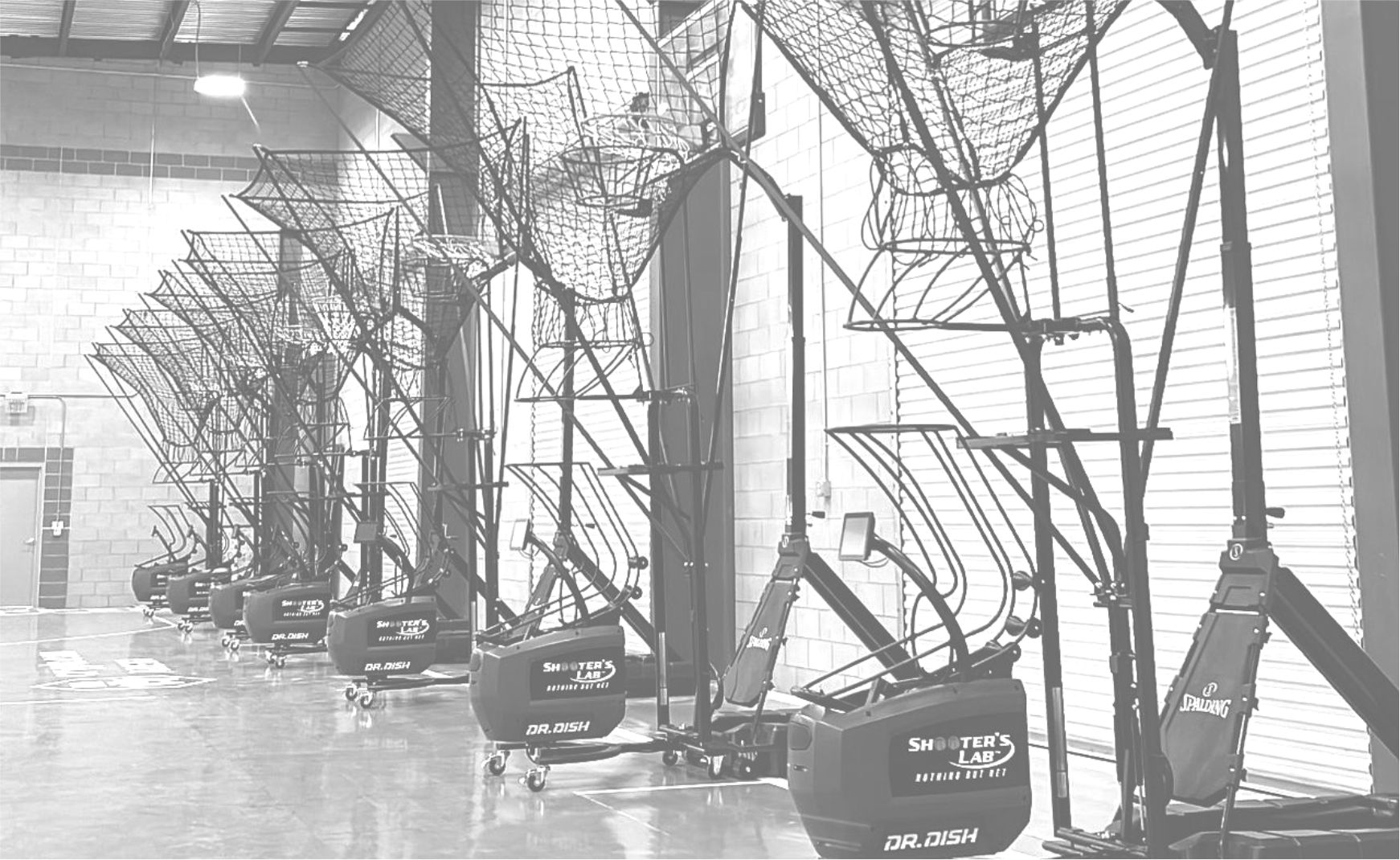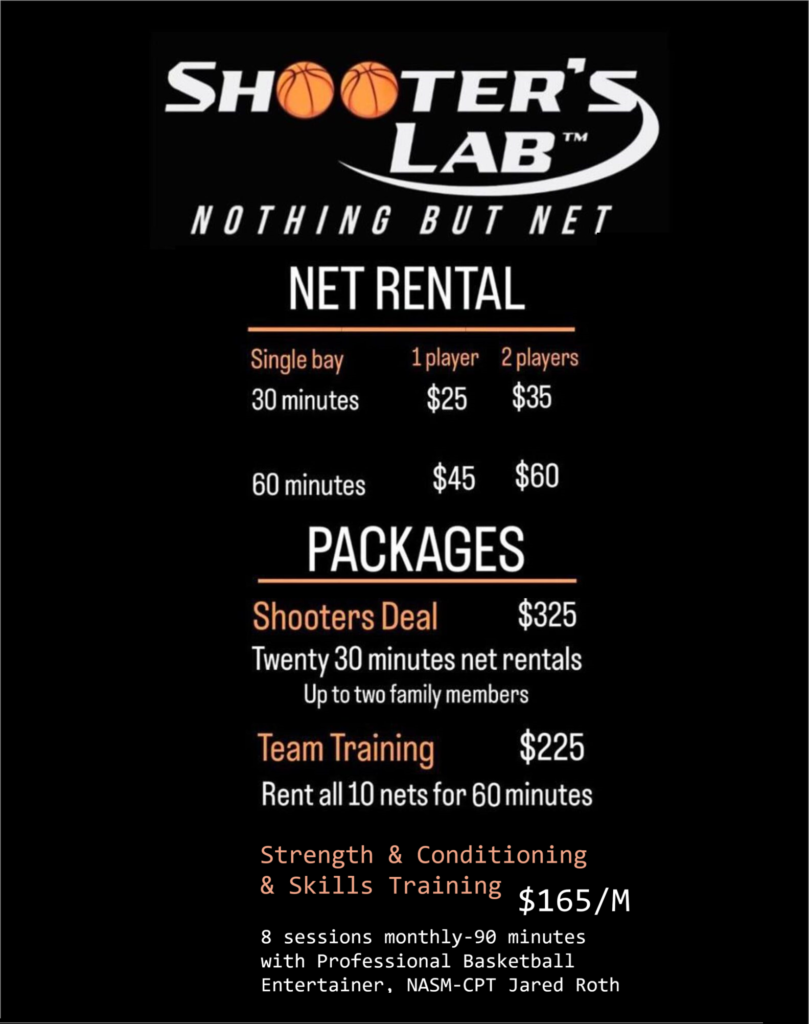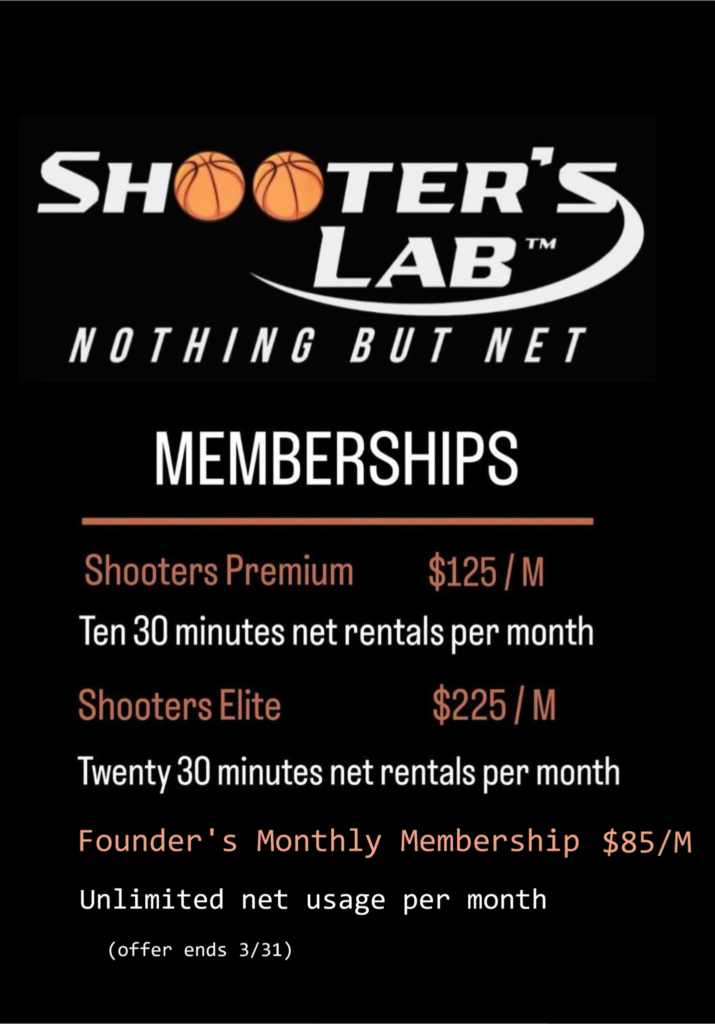But when you’re struggling and having lots of urges, and those times will happen often, tell yourself that you won’t use for today or for the next 30 minutes. Do your recovery in bite-sized chunks and don’t sabotage yourself by thinking too far ahead. If you just sit there with your urge and don’t do anything, you’re giving your mental relapse room to grow. The magic of sharing is that the minute you start to talk about what you’re thinking and feeling, your urges begin to disappear. If you start to notice signs of a relapse, contact medical help immediately.
Embrace Identity-Based Change
These triggers can vary from person to person, but some common examples include stress, boredom, loneliness, and feeling overwhelmed. Other triggers may include seeing people who use drugs, being in certain places, or even certain smells or sounds. Committing to an addiction treatment program for its entire duration can help you develop the necessary skills to manage triggers before re-entering mainstream life, where there is less structure and monitoring. Individuals who stay in https://dev-yourdeep.pantheonsite.io/alcoholism-terms-to-know-common-signs-intervention/ addiction treatment for a longer period of time (90 days or more) are more likely to maintain their sobriety in the long run. Awareness of potential triggers and reaching out to your support system when needed can help overcome the challenges posed by reminders of past use. By staying vigilant and seeking help when necessary, you can continue your recovery journey and avoid the pitfalls of relapse.
What is a Relapse? Warning Signs, Triggers, & Treatment
- First, they can be used to treat the cravings and withdrawal symptoms that can accompany SUDs.
- At Greater Boston Addiction Centers, we provide comprehensive relapse prevention programs as part of our structured addiction treatment plans.
In addition to getting professional treatment, avoiding your triggers, finding social support, caring for yourself, and managing stress can help prevent future relapse. Relapse can occur due to various factors, including exposure to triggers, unresolved emotional issues, lack of a support system, overconfidence in recovery, or the absence of a relapse https://ecosober.com/ prevention plan. Relapse occurs when an individual in recovery returns to substance use after a period of abstinence.
Addiction Relapse
To this person, a return to addiction makes sense because they’ve been internalizing, listening to and agreeing with the logic of addiction. Despite its importance, self-care is one of the most overlooked aspects of recovery. Without it, individuals can go to self-help meetings, have a sponsor, do step work, and still relapse.
Physical relapse is the final stage of relapse, occurring when the person returns to using drugs or alcohol. During the physical relapse stage, some individuals will realize that they cannot control themselves or stay sober and return to complete drug or alcohol abuse. Many individuals that struggle with substance use disorder also have mental health struggles, poor coping skills, or simply have gotten used to numbing out any negative emotions. During addiction recovery, it is common for individuals to experience a relapse, which typically occurs in three stages. Being able to recognize signs of each stage can help with the implementation of prevention strategies and avoiding a full relapse. Data consistently show that the journey to recovery is rarely linear, yet persistence, combined with evidence-based care, does yield high success rates over time.
Tips on how to handle an emotional relapse
Addiction can form around behaviors, too, like gambling or risk-taking which trigger certain neurotransmitters that can cause an uncontrollable desire for more. Various forms of monitoring have been used to detect drug/alcohol use. Objective evidence of abstinence has been a critical component of many relapse prevention programs. The results often inform contingency management programs (discussed above) of drug tests. Also, the use of some medications (i.e., buprenorphine and methadone) require periodic drug screens to ensure the individual is not diverting the medication or using other substances of abuse. Lastly, even in the absence of explicit consequences for alcohol or drug use, knowing they may be subject to testing provides a measure of deterrence against relapses for some individuals.
What are the Common Triggers for Relapse?
Breathing is not only connected to various essential functions throughout your body, but it also has a large effect on your brain chemistry. Breathing greatly impacts your emotions and helps regulate your overall mood. This is why deep breathing is so essential with one’s mental health. Some individuals believe they are “cured” and test their limits by drinking or using drugs in moderation. Talk to someone who cares about you and who will give you good, practical advice.
- Self-care is especially difficult for adult children of addicts 27.
- Many of the clients I’ve worked with hope to fix the problem on their own, and only reveal their struggles once they’ve overcome them.
- Relapse is not the end but a checkpoint for treatment reassessment.
- While relapse is a normal part of recovery, for some drugs, it can be very dangerous—even deadly.
A warning sign is when clients ask for professional help and consistently ignore the advice. People can move on from the relapse with a stronger commitment to preventing future relapses by avoiding or managing triggers before they occur. To understand how to prevent relapse, it is essential to first understand the relapse process itself. Relapse isn’t a sudden event; it occurs over a period of time that can range from weeks to even months.
The goal is to help individuals move from denied users to non-users. But clients and families often begin recovery by hoping that they don’t have to change. They often enter treatment saying, “We want our old life back — without the using.” I try to help clients understand that wishing for their old life back is like wishing for relapse. Rather than seeing the need for change as a negative, they are encouraged to see recovery as an opportunity for change. If they make the necessary changes, they can go forward and be happier than they were before.
Certain places or people
Physical relapse is the act of returning to substance use explains psychiatrist and addiction specialist Dr. Michael Olla. The risk of relapse is greatest in the first 90 days of recovery, a period when, as a result of adjustments the body is making, sensitivity to stress is particularly acute while sensitivity to reward is low. addiction relapse It is important to know that relapse does not represent a moral weakness.
- Relapse can occur at any phase of a person’s sobriety but is most common in the early stages of addiction recovery.
- Adi Jaffe, Ph.D., is an expert in mental health, addiction, and personal transformation and the author of The Abstinence Myth and Unhooked.
- Celebrations like birthdays may involve alcohol, and someone unprepared may reason that partaking “just this once” won’t be an issue.
- Some people contend that addiction is actually a misguided attempt to address emotional pain.
- However, relapse prevention skills should be implemented into each recovering person’s daily schedule and routine to prevent or reduce the risk of cravings.
Cognitive Therapy and Relapse Prevention
Relapse is not an indicator of failed treatment but a signal that the treatment plan may need reevaluation or modification. When someone in recovery experiences a relapse, it’s a cue to consult their healthcare provider for a revised or alternative treatment approach. Addiction is a chronic condition, much like diabetes or hypertension where a return to negative conditions can be drug addiction treatment a part of the recovery journey.
Slip, and lapse refers to the person resuming the habit once or temporarily. During a lapse or slip, the person will engage in the habit, then stop, and seek to go back to sobriety. “Relapse should be interpreted as clinical feedback, not moral failure; each episode pinpoints where the care plan must evolve,” observes Dr Nora Volkow, Director of NIDA, in her 2025 Congressional testimony. As a result, people may stop trying to heal and never recover from a relapse. Broadening our definition beyond abstinence can reduce stigma and open doors to true healing. Shift perspective to see relapse and other “failures” as opportunities to learn.




